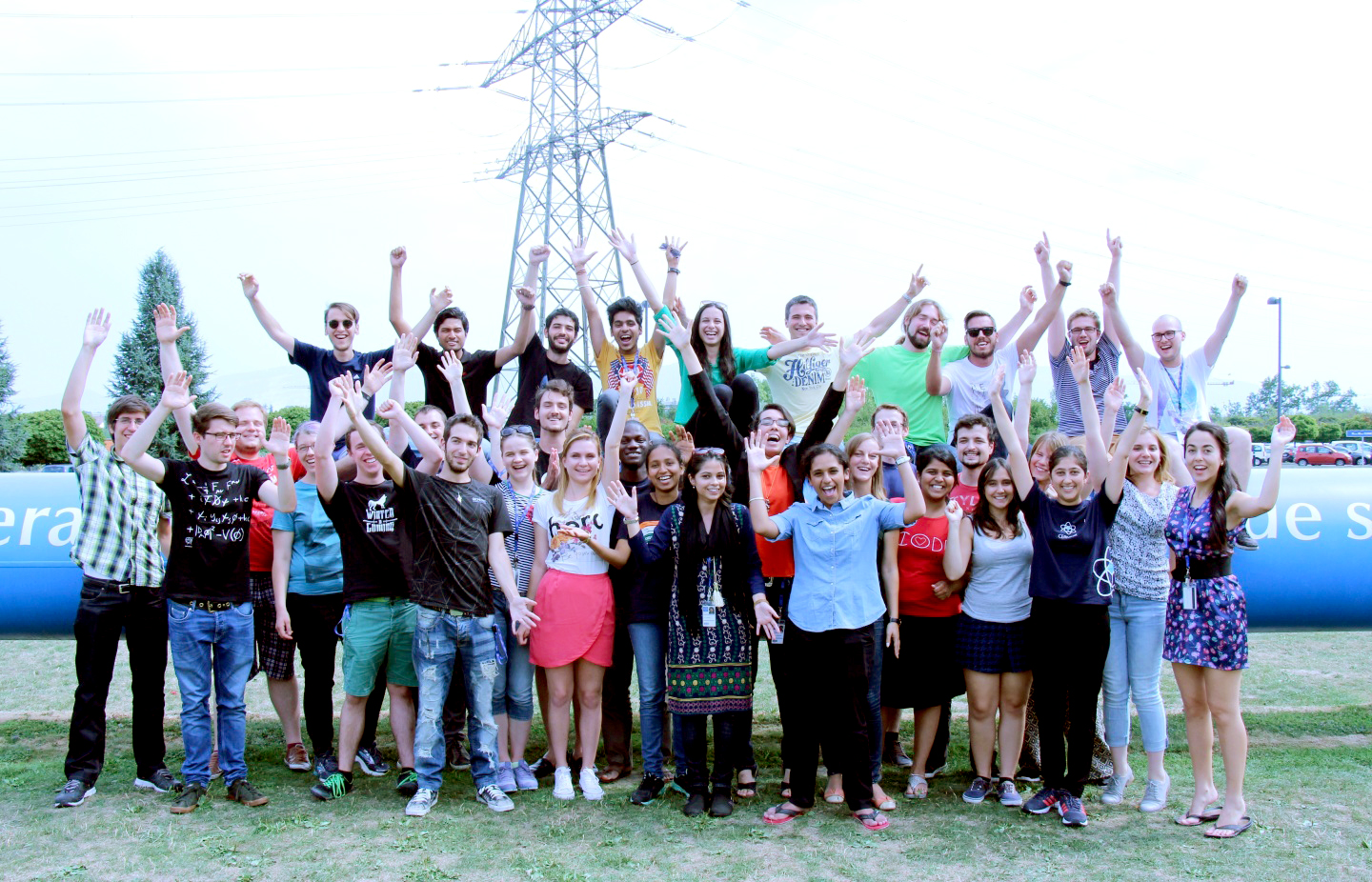CERN openlab and its partner company Intel jointly announced the winners of the Modern Code Developer Challenge on 14 November, at the annual Intel HPC Developer Conference.
The overall winner, Mathieu Gravey from Ecole des Mines d’Alès in France, was awarded the grand-prize after he reduced the time it took to run a large dataset of code simulating brain development from 45 hours to just under eight and a half minutes. He’ll join CERN openlab as a summer student next year.
The goal of the competition, which was open to students worldwide, was to spur development in advanced coding techniques and the science they support, as well as encouraging students to pursue careers in the field of high-performance computing.
Education is a core part of CERN openlab’s mission. Each year, the organisation runs a popular summer student programme, which attracts bright young students from across the globe. As well as working on exciting research projects in collaboration with experts at CERN, the students attend a tailored series of lectures and participate in a range of cultural activities.
The goals of Intel’s Modern Code Developer Challenge fit perfectly with this mission, and it was agreed that the winning student would receive a place in next year’s CERN openlab summer student programme.
For the challenge, students were given a month to optimise code used to simulate brain development. This code is an integral part of a current CERN openlab research project in collaboration with Newcastle University. It simulates the development of the normal and diseased brain to identify causes and potential treatments for brain disorders such as epilepsy and schizophrenia.
“As science evolves, and more and more fields become driven by data and computing, such code optimization is vital in ensuring that the computing power of cutting-edge hardware is fully harnessed,” explains Alberto Di Meglio, head of CERN openlab.
The challenge attracted over 17,000 students from around the world representing over 130 universities across 19 countries. Over 1,200 students downloaded the code and over 1,000 participated in the free online training programme, choosing from over 20 hours of educational materials. Entrants were provided with free access to the latest Intel hardware and software for the challenge.
Three other students — those with the second, third and fourth fastest optimisations of the code — also won a trip to come to CERN for a guided tour of the laboratory. Other prize winners will receive a trip to attend next year’s ‘SC16’ supercomputing conference in Salt Lake City, Utah, USA.
“CERN openlab has played — and today continues to play — a key role in the development of the computer platforms used by physicists to understand the particle collisions that take place in the LHC,” says Di Meglio. “With future upgrades to the LHC set to further increase the rate at which particles collide, work to optimise the code behind these computing platforms, has never been more important than it is today.”
Applications for the 2016 CERN openlab summer student programme will open at the beginning of December, please visit the website to find out more.

